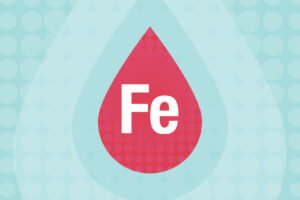Does this scenario seem familiar?
After a long, exhausting week, you can’t wait to sleep in on Sunday morning. On Saturday, you get a call from your friend asking you to go to brunch—you guessed it—on Sunday morning. You give her a rambling reason why you can’t do it, and next thing you know, she’s poking holes in your reasoning and solving your problem for you. So instead of sleeping in, you’re eating out. At that moment, it just felt easier to say yes.
“It’s not always easy to flex your NO muscle,” says Amy Metzger, MSW, LCSW, behavioral health specialist at CentraState. “It’s like an actual muscle, the more you use it, the stronger it gets.”
Metzger suggests keeping this in mind when you want to say NO:
- Resist the temptation to give a long-winded explanation. In fact, don’t give an explanation at all. Just graciously and assertively say “no.” If you feel that’s a bit too blunt, you can simply say: “No, I can’t. Thank you for asking.”
- You don’t need to apologize for saying NO. You have no reason to be sorry.
NO is empowering. It gives you control over your own life and lets you say “yes” to YOU.





